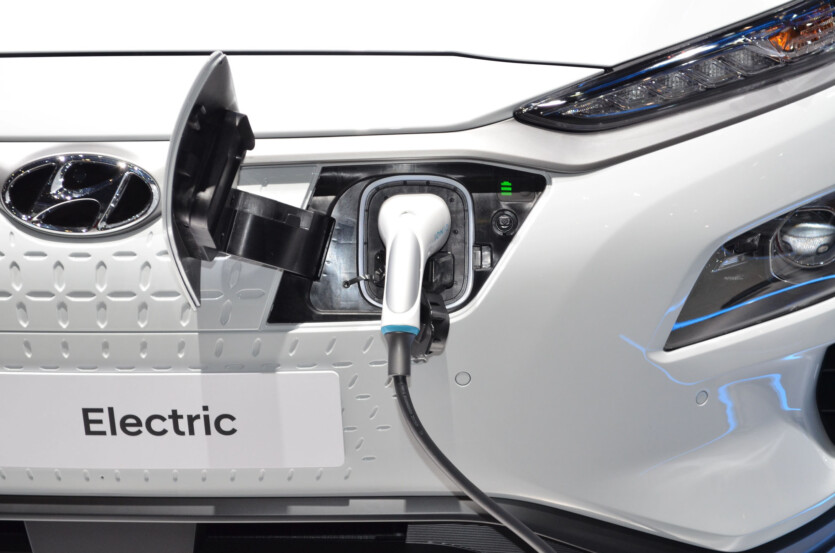
Hyundai plans to offer an electric vehicle with an extended range (Extended Range Electric Vehicle, EREV). Equipped with Hyundai’s hybrid technology, it will combine the power of an internal combustion engine and an electric motor. This combination will provide a long range.
The EREV is equipped with a battery, an electric motor and an internal combustion engine, which makes it similar to a hybrid car. At the same time, EREV differs from traditional electric vehicles and hybrids in that it uses an internal combustion engine to recharge the battery. The EREV will eliminate the limitations of traditional electric vehicles and allow you to drive up to 900 km on a full charge.
When the EREV battery is discharged, the internal combustion engine is activated to help generate electricity to charge the battery. This car uses a new transmission and power electronics system that helps to provide all-wheel drive using two engines.
The company’s first EREVs are expected to be D-class SUVs under the Hyundai and Genesis brands. The Santa Fe and GV70 are the main candidates for this technology.
Hyundai will reportedly start mass production of EREVs in North America and China by 2026. New models will be launched in 2027.
There are rumors that the price of such a car may be lower than the cost of traditional electric vehicles. This is due to the fact that the car uses a smaller battery, which reduces the cost.
Source: interestingengineering



Spelling error report
The following text will be sent to our editors: